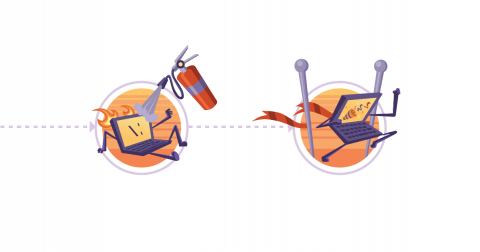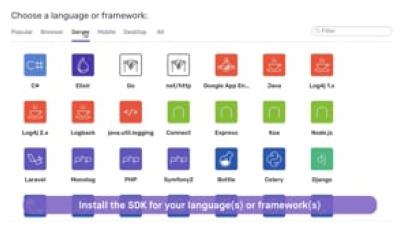The Sentry Workflow - Resolve
Errors suck. And you don’t want to spend too much of your time fixing them, dealing with them, investigating them, etc. In our Workflow blog post series, we look at how to optimize your, well, workflow, from crash to resolution. At this point in our workflow (check out the first and second posts in this series), we’ve minimized the impact of errors on the development process by creating infrastructure and culture equipped to handle unexpected issues.











